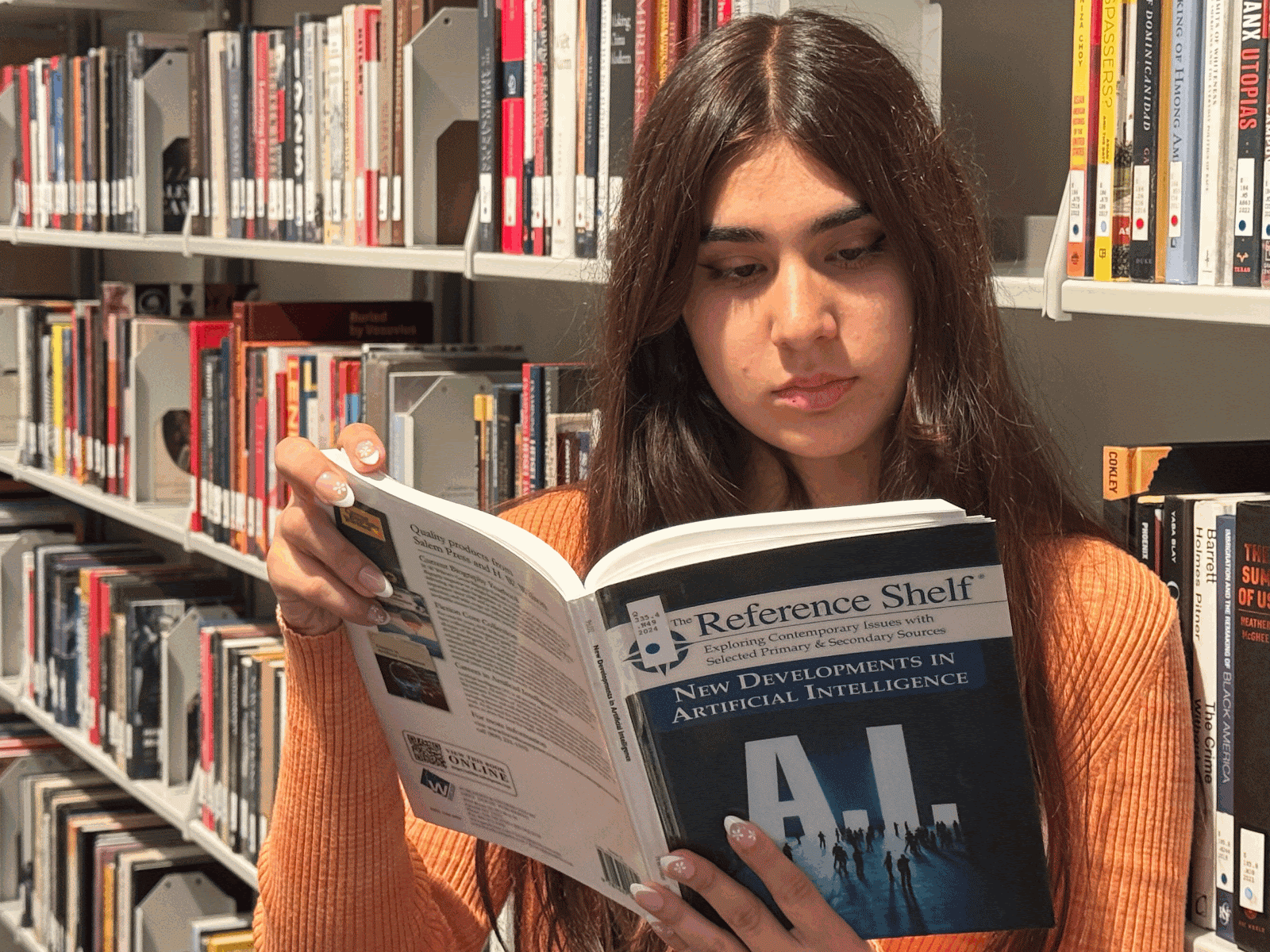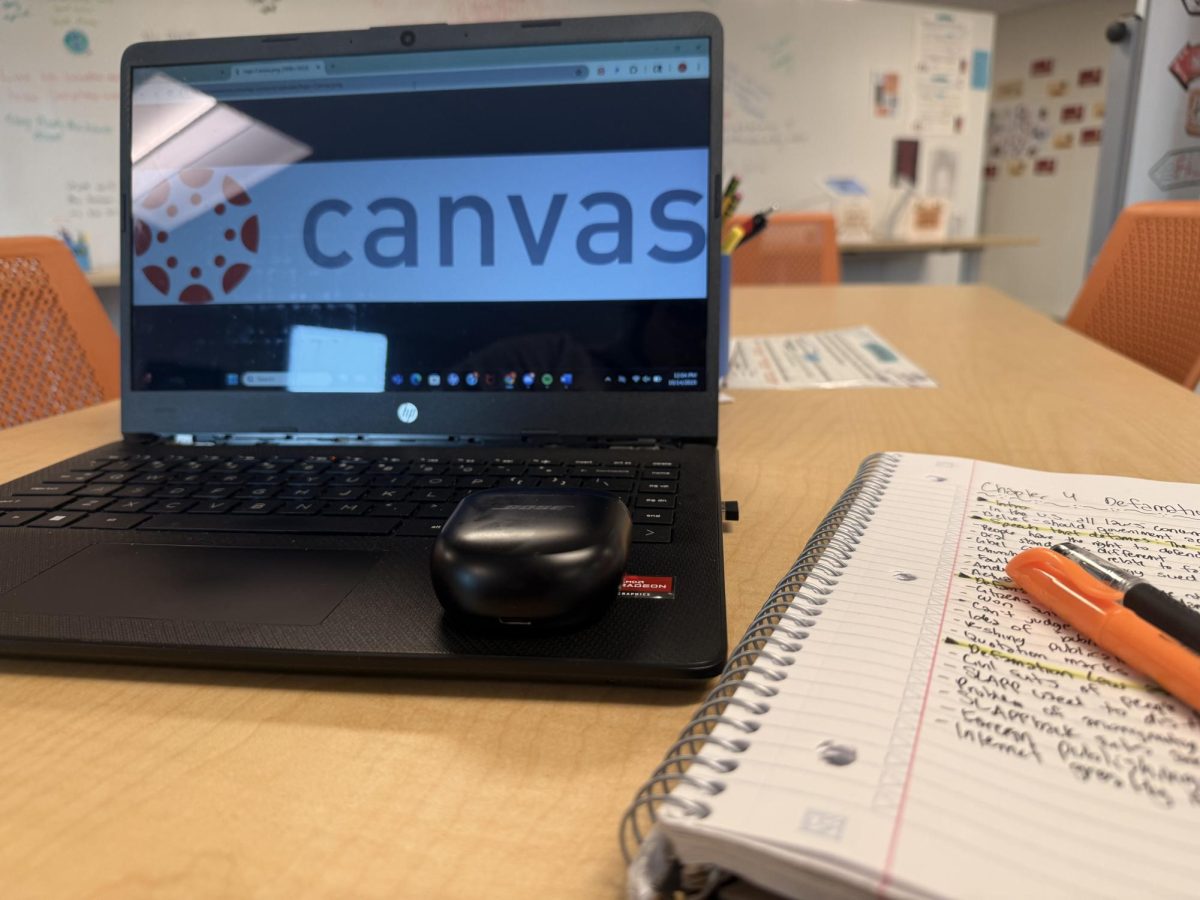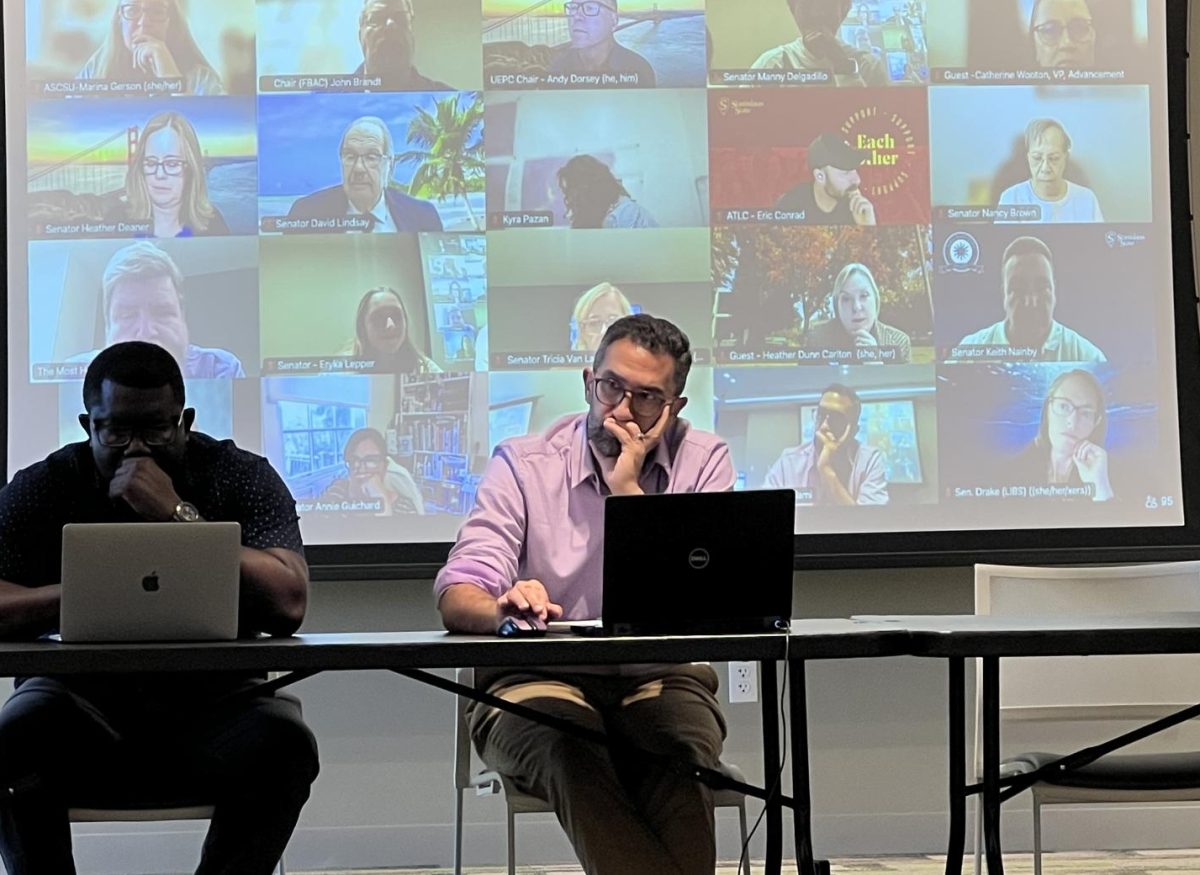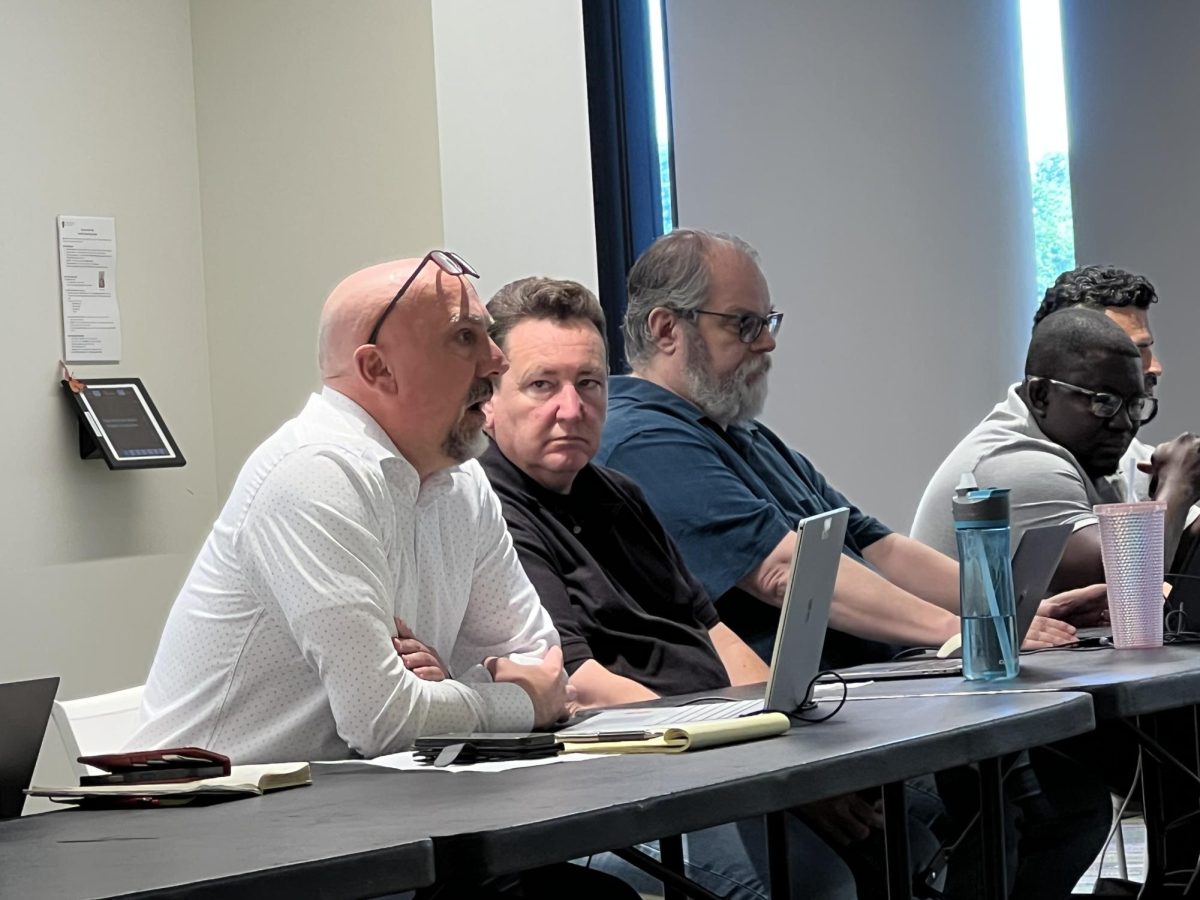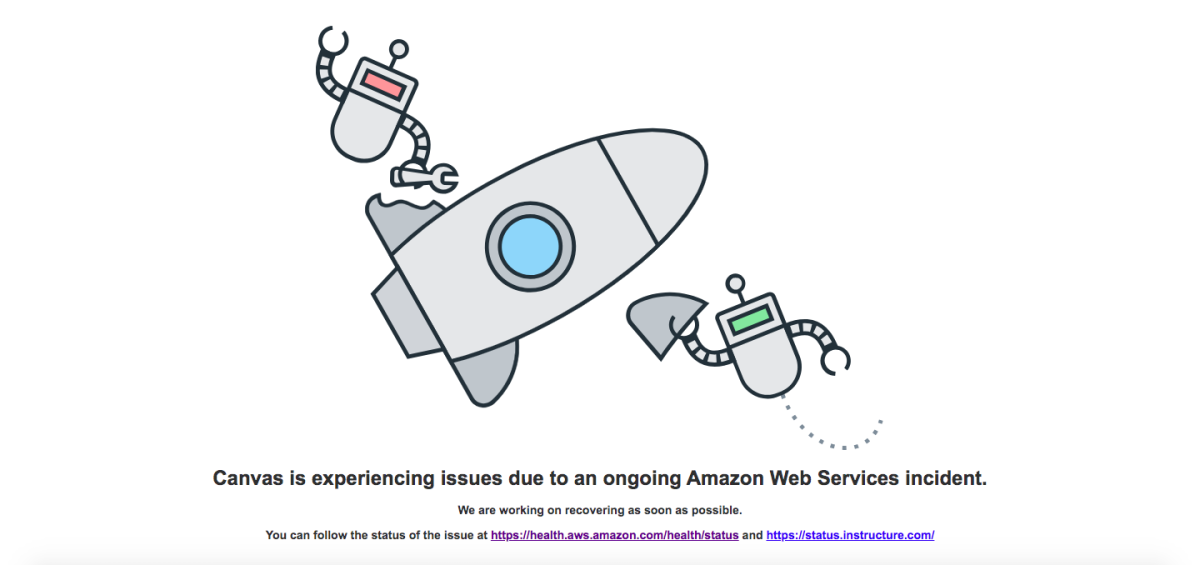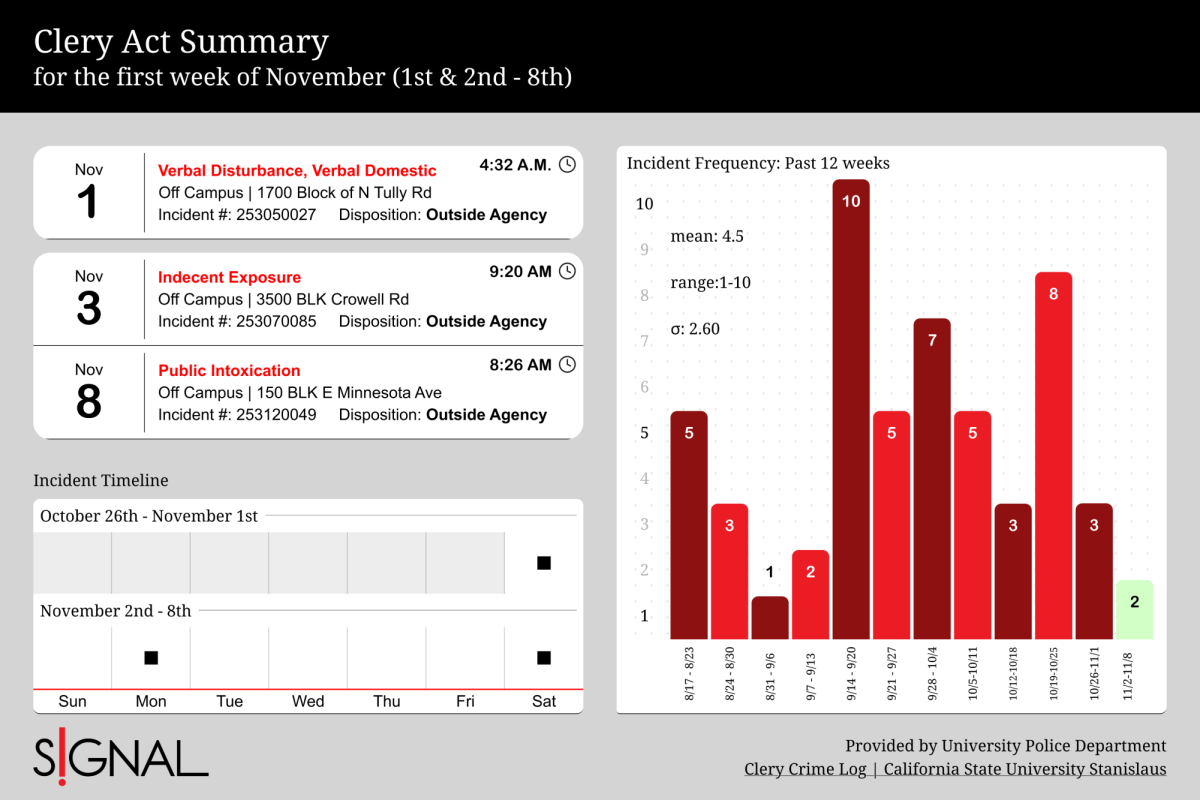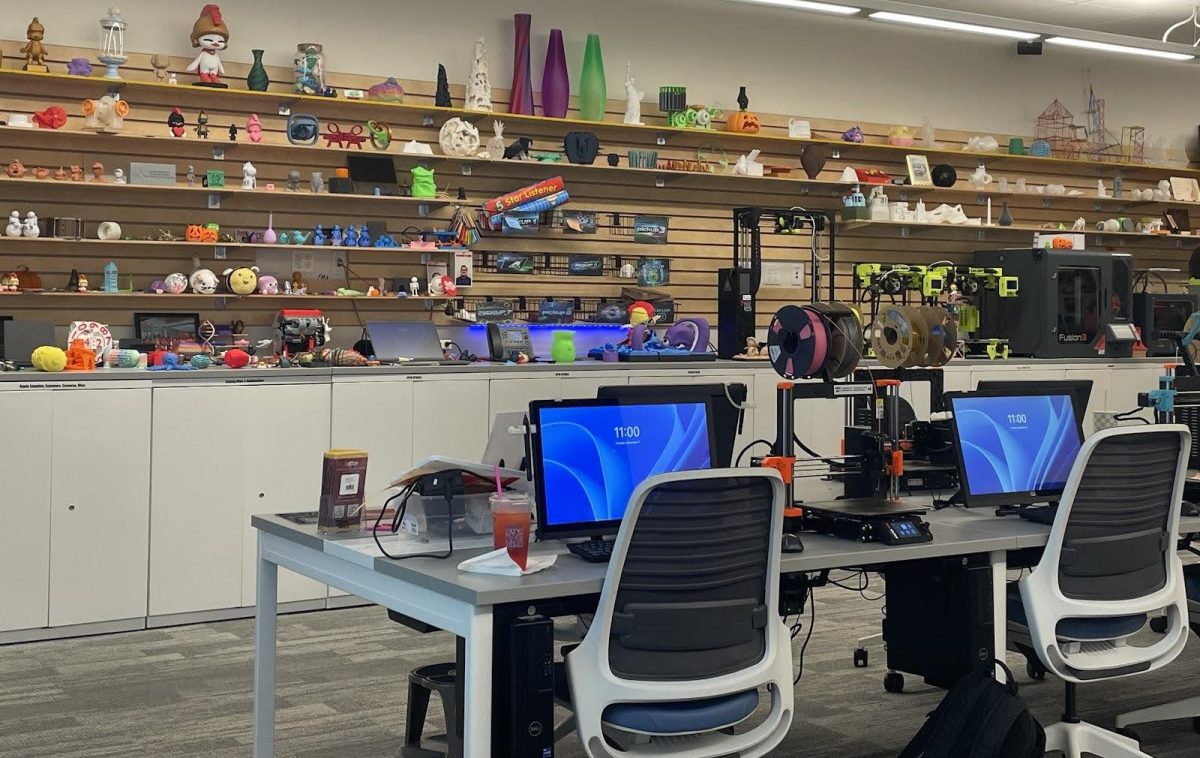Since the launch of ChatGPT, there has been debate regarding whether artificial intelligence should be allowed in academic settings.
As AI grows more popular, many K-12 schools and college campuses are beginning to incorporate it into their curriculum. The California State University system is among the institutions embracing this change.
In February, the CSU system announced a landmark deal with some of the world’s most prominent technology companies, including Adobe, OpenAI, LinkedIn, Microsoft, Intel and Google.
According to the Stan State website, the University now offers students access to a range of AI Services. These include ChatGPT Edu, Stan State’s first AI tool available to students, along with resources outlining the University’s academic integrity policy and acceptable use of AI technologies.

Natalie Perreira (Senior, Communications) shared her views on the relationship between Stan State and ChatGPT.
“I think that ChatGPT is a worthy investment for a university to make because education shapes our understanding of the world, and AI has become a component in that understanding. I would prefer if educational institutions invested in AI tools to improve their use for good,” she said.
The CSU system spent $17 million to provide ChatGPT Edu accounts for all students. Despite facing a $2.3 billion budget gap, CSU leaders pushed ahead with the investment to become an “AI Empowered” university system.
Financial strain is not the only concern. Over the past two years, CSU has reduced student support staff by 7.3%, cut 1,400 course offerings and laid off 1,208 employees. This is according to minutes from the CSU committee on Finance meeting held July 21-23.
According to the Cal State Committee on Finance meeting held July 21-23, “The combination of previous cuts and the anticipated $164 million budget gap creates a compounding effect that threatens the CSU’s ability to maintain program quality, adequate student support services and operational stability while simultaneously being expected to grow.”
While some critics fear that AI will encourage academic dishonesty, many educators argue that students must learn to use these tools responsibly as they become increasingly common in the workplace.

Professor Eric Conrad (Department of Kinesiology & Public Health Promotion) allows his students to utilize their ChatGPT Edu accounts during class under specific guidelines.
“AI is rapidly becoming a commonly used tool in the modern workplace,” Conrad said. “Part of our mission is to prepare students for their careers, so teaching them to use these tools effectively and ethically is an important consideration.”
He continued to discuss the importance of not blindly following AI, instead emphasizing how one should utilize AI to enhance their thought process rather than replace it.
“That said, allowing its use is not about blind adoption. There are important questions we must constantly consider to promote ethical and responsible use. One consideration, among many, is helping students engage with this technology critically. The goal is for them to use it in ways that enhance their own thinking rather than replace it,” he said.
Not all students are convinced. Paola Rodriguez (Senior, Creative Media) feels negatively about the incorporation of AI on university campuses.
“I can’t get behind it. I think the use of AI is negative. A lot of people can’t write an essay or even an email anymore, and I think it’s because of AI,” she said.
Stan State invites Warriors to participate in the “CSU AI Survey” to gather students’ stance on AI.

